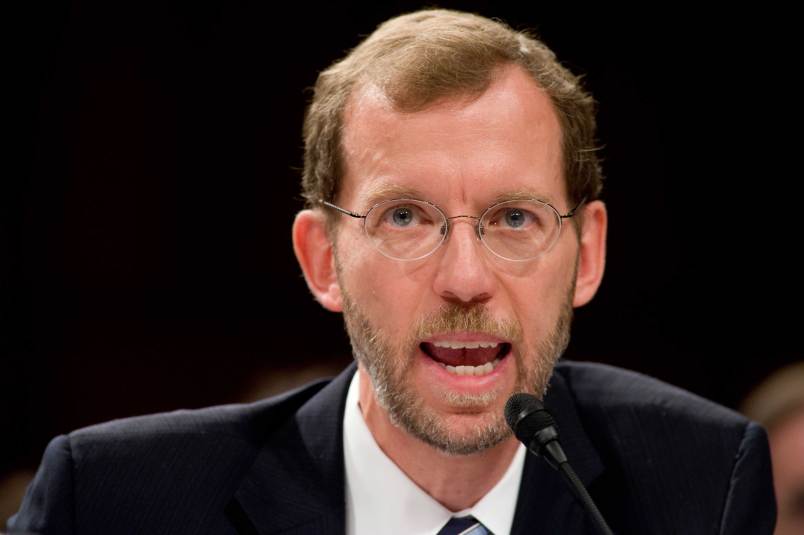The politics of health care reform could get even more complicated for Democrats if a bill isn’t passed by the end of January, when the Congressional Budget Office releases new long-term U.S. economic projections. If those new projections are more pessimistic than the current projections, which were used to help calculate the cost of health care reform, then the new numbers could increase the expected cost of the bill and wreak havoc on the carefully stitched together compromise that has Democratic budget hawks, especially in the Senate, reluctantly supporting reform.
The good news for Democrats is that the CBO’s official cost estimate of the final health care bill will be based on the same assumptions CBO has used all along. The bad news? In the past, when CBO has predicted dramatic changes to the economic forecast, members of Congress have asked analysts to provide unofficial numbers based on the new numbers. And therein lies an opportunity for Republicans eager to drive a wedge between progressives and their more economically conservative brethren in the Democratic Party.
“I would assume that if there were a change that would look like it would make the bill look like it will look more expensive, I would be surprised if the Republicans didn’t ask CBO to do an unofficial estimate based on the new assumptions,” says Jim Horney, a former CBO, and Senate Budget Committee official who now works for the Center for Budget and Policy Priorities.
A number of things could forestall the new numbers from becoming a political issue. The new projections might not portend major changes. And, as Horney pointed out, a separate analysis based on new metrics “would be difficult and time consuming, and CBO might not do it” even if asked. But if the CBO did refuse to re-run the numbers, Republicans might get considerable political mileage out of that, too.
The yet-to-be-released CBO numbers are at this point only a potential threat to Democratic efforts to pass health care reform. But this is another example of why the longer the negotiations over the final bill drag on, the more difficult the politics of reform become.
(ed. note: This post has been edited from the original.)










